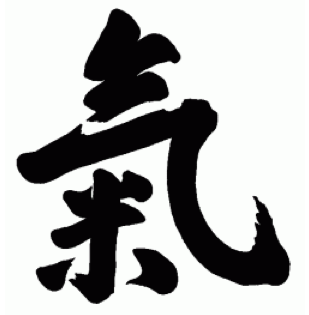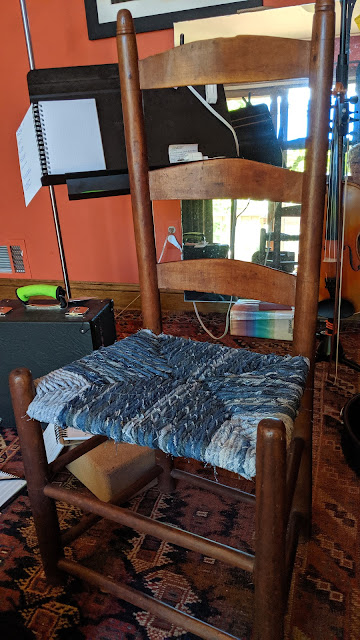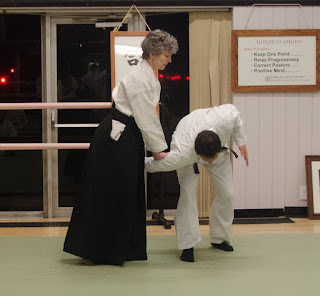What is Ki?

The concept of Ki , or lifeforce, exists in many cultures. In Chinese it's Chi or Qi , in Sanskrit, Prana . In western culture, while we may say someone has a soul that is distinct from their physical body, the soul is connected to the individual. Ki, as it is understood in Japanese culture, is a universal force that permeates everything. Individuals may manifest more or less ki, but it is a connecting force between everyone and everything. In Japan, ki is an everyday concept that's found in many common phrases . For example the phrase "O ki o tsuke te," which means "take care," literally means, "apply ki ." "O genki desu?" the most common way to say "How are you?" means, literally, "Do you have ki ?" "Ii k imochi," a phrase heard often, particularly in popular songs, means "(What a) good feeling." "Ii" means "good" and "kimochi" literally means having, o...





